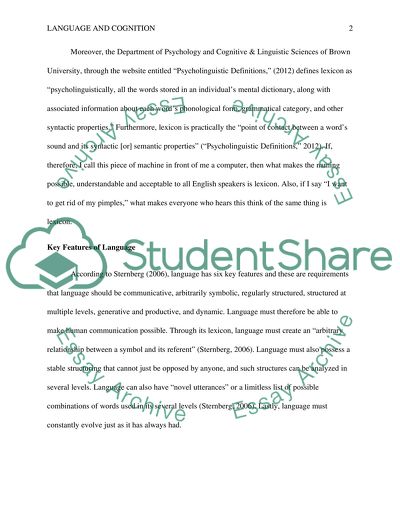Cite this document
(“Psychology - Language and Cognition Research Paper”, n.d.)
Psychology - Language and Cognition Research Paper. Retrieved from https://studentshare.org/psychology/1456403-language-paper
Psychology - Language and Cognition Research Paper. Retrieved from https://studentshare.org/psychology/1456403-language-paper
(Psychology - Language and Cognition Research Paper)
Psychology - Language and Cognition Research Paper. https://studentshare.org/psychology/1456403-language-paper.
Psychology - Language and Cognition Research Paper. https://studentshare.org/psychology/1456403-language-paper.
“Psychology - Language and Cognition Research Paper”, n.d. https://studentshare.org/psychology/1456403-language-paper.


